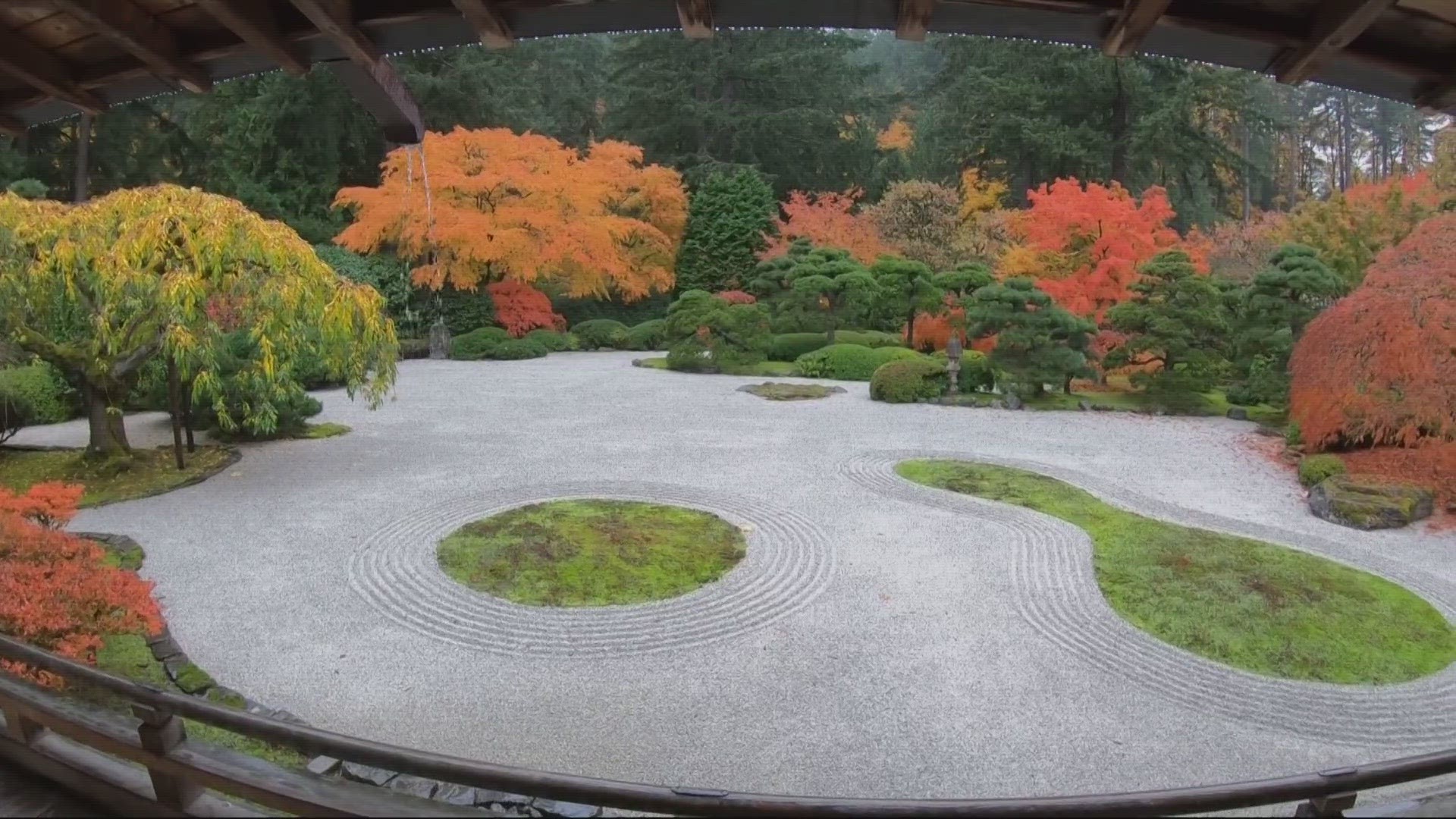PORTLAND, Ore. — The Portland Japanese Garden just celebrated its 60th anniversary and has big plans for the future.
"We just purchased a new campus about three miles away from here — used to be the White Shield Center — which was owned by the Salvation Army," CEO Steve Bloom told KGW.
The Salvation Army had sold the Portland property, nestled in the West Hills off Alexandra Avenue. It had been a birthing center for single pregnant women, but it will soon be home to the Japan Institute, a project of the Portland Japanese Garden.
"The construction part of it is over $20 million because it's a big campus. It's almost four acres with five buildings on the campus. In fact, the original buildings of that campus go back to the famous Oregon architect AE Doyle, so that's back to 1914," Bloom explained.
The plan is for Japan Institute to be an international "incubator" for peace and creativity, a "place where artists and scholars and students and academicians can come from around the world — and they can study their craft, they can teach their craft, and they can create beauty," he said.
Just like the garden, the Japan Institute will promote "cultural diplomacy," Bloom said.
"It's about breaking down barriers; it's about connecting person to person... and you can do that through culture, art, nature," Bloom said.
"The more we know each other, the less willing we are to hurt each other, and that's the most important diplomacy of all," he continued.
That's hard-fought wisdom: When the garden opened in 1963, there were anti-Japanese protests, some of them violent, and lingering animosity from World War II.
Now, the garden is a beacon for cultural understanding, and the Nobel Peace Foundation in Oslo, Norway, is taking notice. It's partnering with this West Hills gem, so the garden can take its story globally, holding six peace talks on six continents.
"We have a responsibility to share that with places around the world that might need that kind of help, that kind of guidance, that kind of assistance," Bloom urged. "It's not that we have the answers for everyone, but that we can go out there and we can share our story and say, 'Hey, this worked for us.' And if we just kept that as a secret, well, then, shame on us."
"I think it's something that we really need to be sharing with the world so that we can bring a broader peace to the world," he said.

